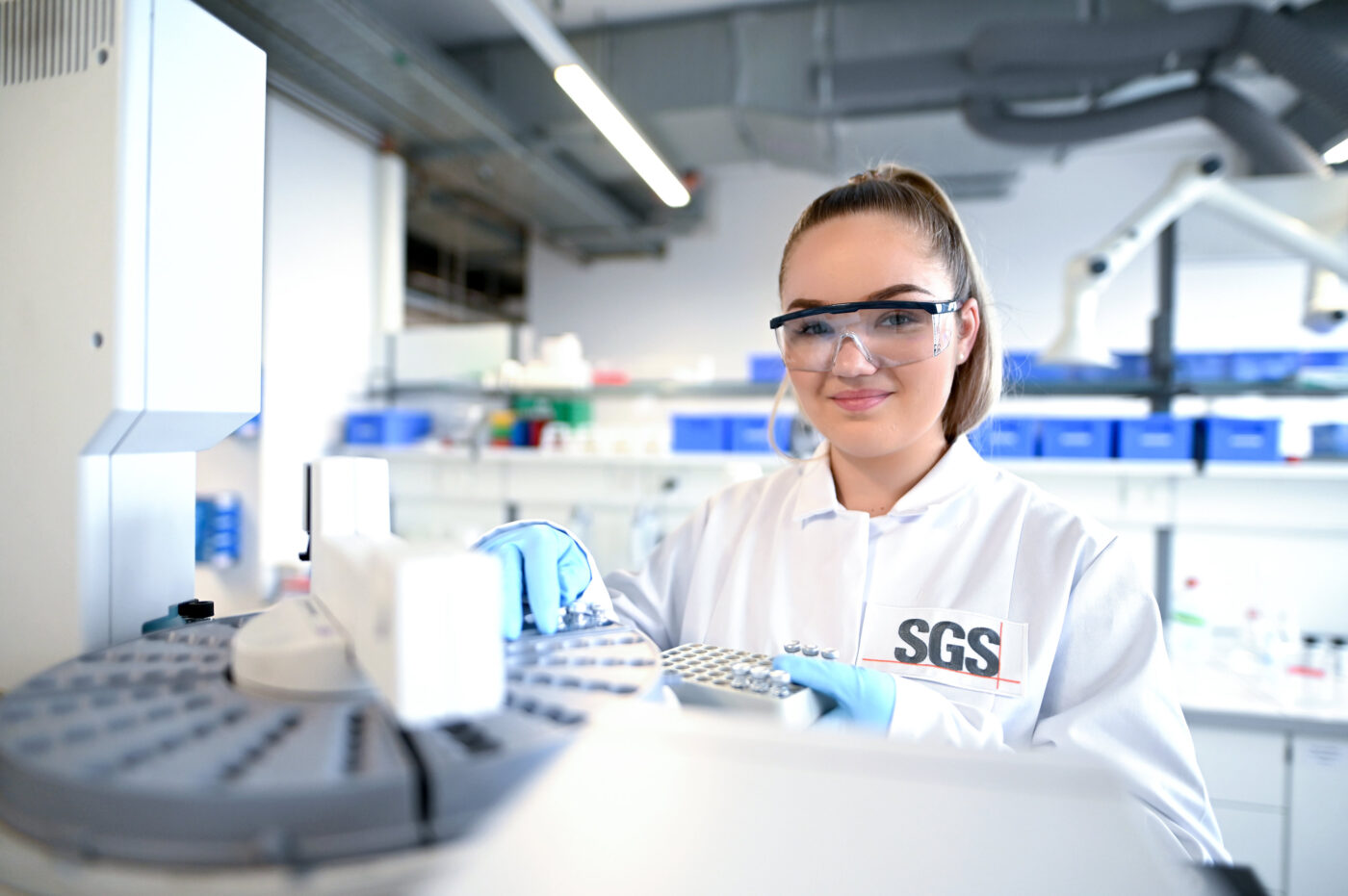Biobased Testing for Sustainable Products
You bought a water bottle that claims it is made from 100% sustainable biobased plastic. How can you know for sure? As industries embrace sustainability, the demand for verified biobased products is rising, along with concerns about greenwashing and false environmental claims. Accurate verification of biobased content is critical for regulatory compliance, consumer trust, and market differentiation.
Global certification programs increasingly require third-party testing aligned with international standards such as ASTM D6866, ISO 16620-2, and EN 16640EN 16640. Without reliable testing, products risk failing certification and losing credibility in sustainability-driven markets.
At SGS Beta, we offer comprehensive Biobased Product Testing to accurately determine the biomass-derived content in raw materials or end products. Our ISO/IEC 17025-accredited laboratory utilizes Carbon-14 analysis to distinguish between biobased and fossil-derived carbon, providing results that are essential for certification, regulatory compliance, and product development.
- Standard Service: Results delivered within 7 business days
- Priority Service: Results delivered within 4 business days
Case Studies: Reebok and Sustainable Fashion
Reebok has led the way in sustainable fashion through its plant-based shoes made from biomass-derived materials. Using ASTM D6866 testing at SGS Beta for biobased content validation, the brand ensured its materials met rigorous scientific standards. Reebok’s Cotton + Corn shoes were certified 75% biobased through the USDA BioPreferred® Program. This initiative reflects Reebok’s commitment to combining high-performance design with environmental responsibility. Read more on the case study.
Video: Carbon 14 Testing in various industries
Contact SGSAchievement Certification
Why SGS for your Testing Needs?
- Global Reach, Local Expertise: A worldwide laboratory network backed by local knowledge to meet your needs.
- Regulatory Compliance: Expertise in regional and international guidelines, including EPA, CCME, and more.
- Customized Analytical Plans: Tailored testing protocols to address unique project challenges.
- Proven Track Record: Decades of experience delivering high-quality data to industries across North America.


